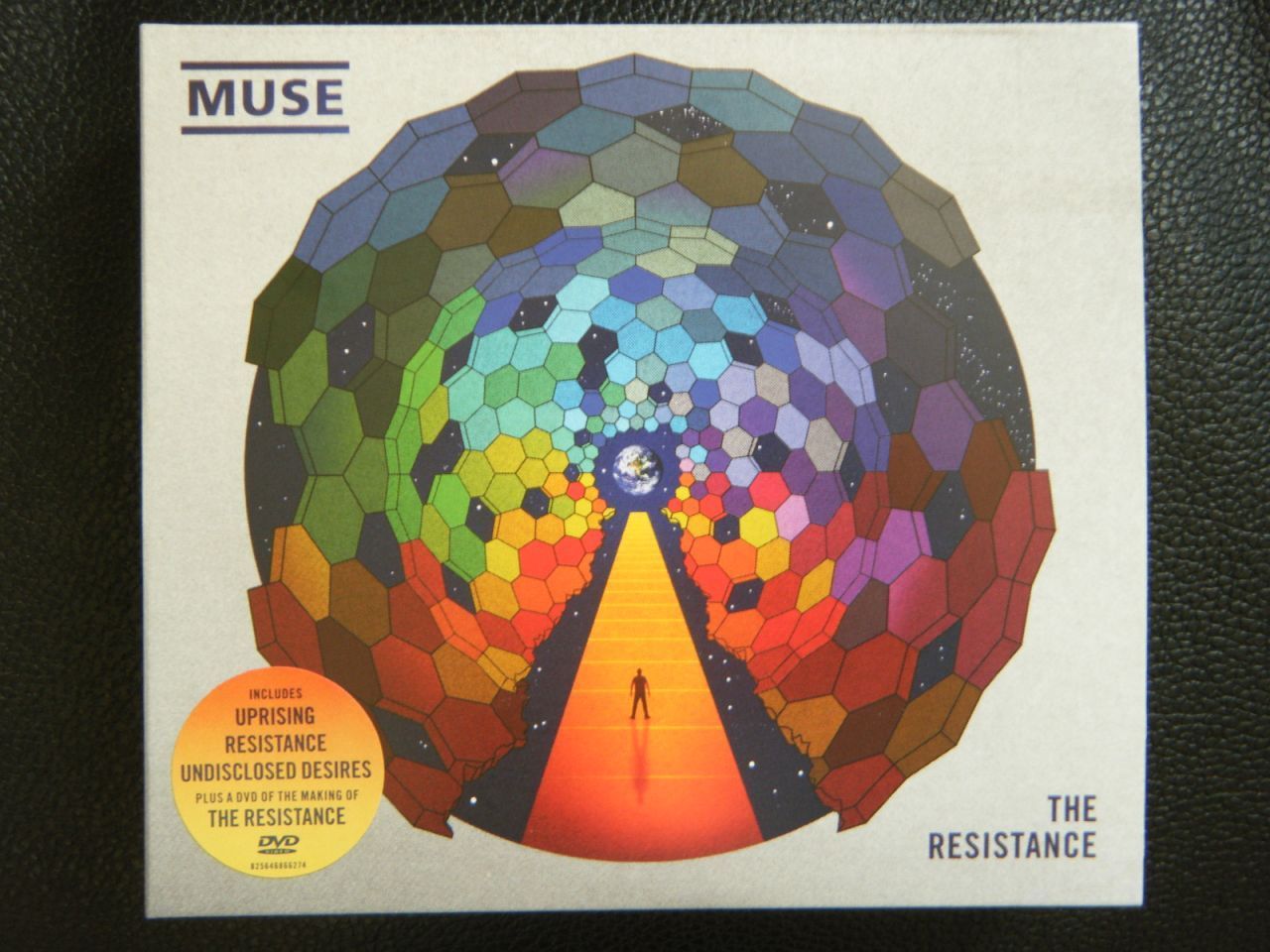

But still the album was not solid, but rather a series of stylistic jerks that in my opinion has not even stood the test of time among the fans of the band.Īnd finally, the most of the least: Simulation Theory of 2018. Celebrated by some fans, it was the last release to accieve hits like Madness or Panic station. The 2nd Law: the first sign of exhaustion. Drones is in my opinion their worst production. The music is not original either: Muse uses his usual tricks. I write that it “tries” because it´s lyrics do not have any kind of poetry or elaboration. And I think it is the last work that interested me by Muse, because from here I stopped following them.ĭrones, released in 2012, is an album without lyrical creativity that tries to address themes related to a global plot. United States of Eurasia advanced one of Muse’s strategies from now on: orchestral bombast.

Not that it is the worst, rather The Resistance was in 2009 a well received work. Muscle museum and Sunburn are the must listen. Indeed, they sounded more like a spin off of The Bends from Radiohead (1995) rather than a band with its own identity. The debut Showbiz (1999) is well valued, which has surprised me: neither their songs nor their production is the best of the band. Tracks like Starlight, Map of the problematique and Knights of Cydonia are classics in the group´s repertoire. In my opinion, Absolution, Muse‘s third album, should take the cake: it is an excellently produced work, with tremendous songs like Butterflies and hurricanes, Stockholm syndrome, Hysteria and Time is running out.Ģ006’s Black Holes and Revelations ranks third: it is Muse‘s first album to venture into lighter pop rock, which was effective without losing freshness.

Origin of Symmetry has progressive, experimental, noise and pop overtones with tracks like Hyper music, Plug in Baby, Bliss or the classic cover of Feeling good. It is not surprising at all that Origin of Symmetry (2001) and Absolution (2003) are tied, since the slight difference in favor of one over the other originates in the user evaluation. I have excluded the 2002 album Hullabaloo Soundtrack from this rank, as it is not properly a studio album but a compiled with rarities and live. Muse, the band consisting on Matt Bellamy (vocals and guitar), Chris Wolstenhome (bass, backing vocals) and Dominic Howard (drums) seem to have reduced their impact over the years. Hard to imagine anyone left the arena that night not feeling they got their money’s worth.We are going to chart Muse´s discography in this graphic, based on specialized reviews: Reportedly, the band had been added to this stop of the snorting-ants-infamous Ozzy/Motley tour later chronicled in Crue memoir The Dirt and Netflix film adaptation (video of Osbourne's set has long been online too). Ratt rocks every face there for another four minutes, a blaze of hooks, hedonism and man-skank bangs. Ratt then crashes straight into set closer “Round and Round.” At the sound of that hit’s sugar-metal crunch, the crowd at the Salt Palace - then-home of the NBA’s Utah Jazz and many ’80s arena rock shows - instantly goes wild. On the set’s penultimate song “The Morning After,” Crosby and DeMartini do intertwining solos that evoke a snake eating its own tail. Throughout the four-song performance, Bobby Blotzer’s drum grooves prowl and jab. Next, the band slashes through “You’re In Trouble,” off Ratt’s debut LP Out of the Cellar, punctuated by quicksilver stuff by guitarist Warren DeMartini. During the pre-choruses, Ratt bassist Juan Croucier steps to the mic to deliver a melodic vocal. Robbin Crosby is in guitar Adonis mode, peeling off a chemtrail-hued solo on his Flying V. This live version has extra fur on it, with frontman Stephen Pearcy’s lusty bay in fine form. In the clip, Ratt opens with “You Think You’re Tough,” the street-life banger off the band’s self-titled 1983 EP.


 0 kommentar(er)
0 kommentar(er)
